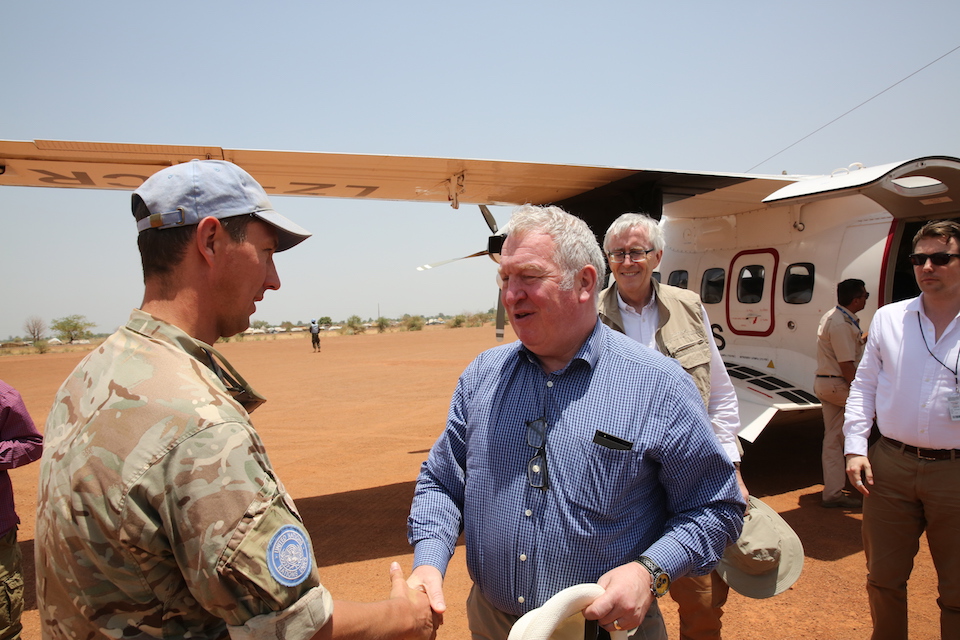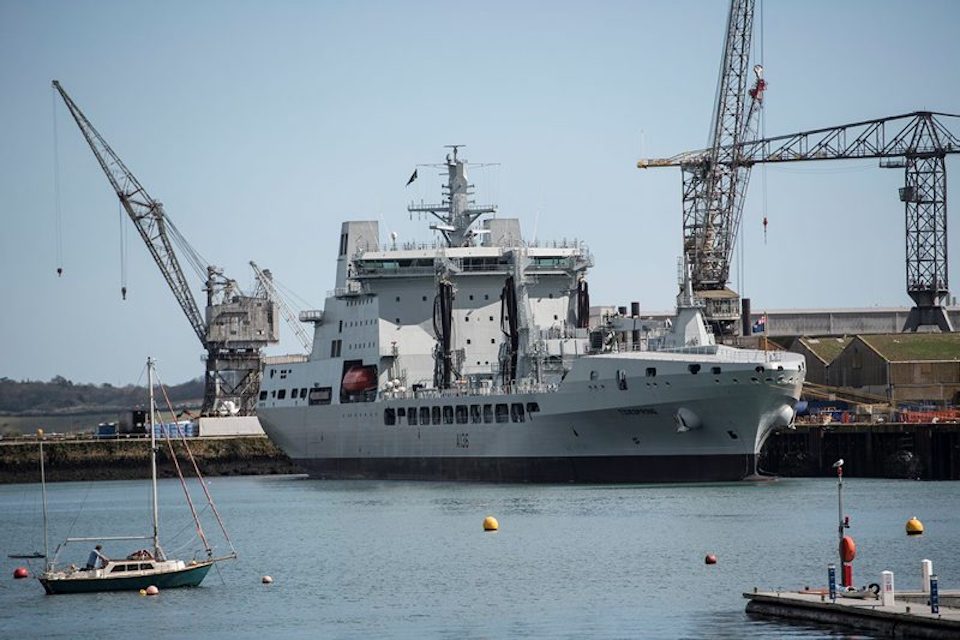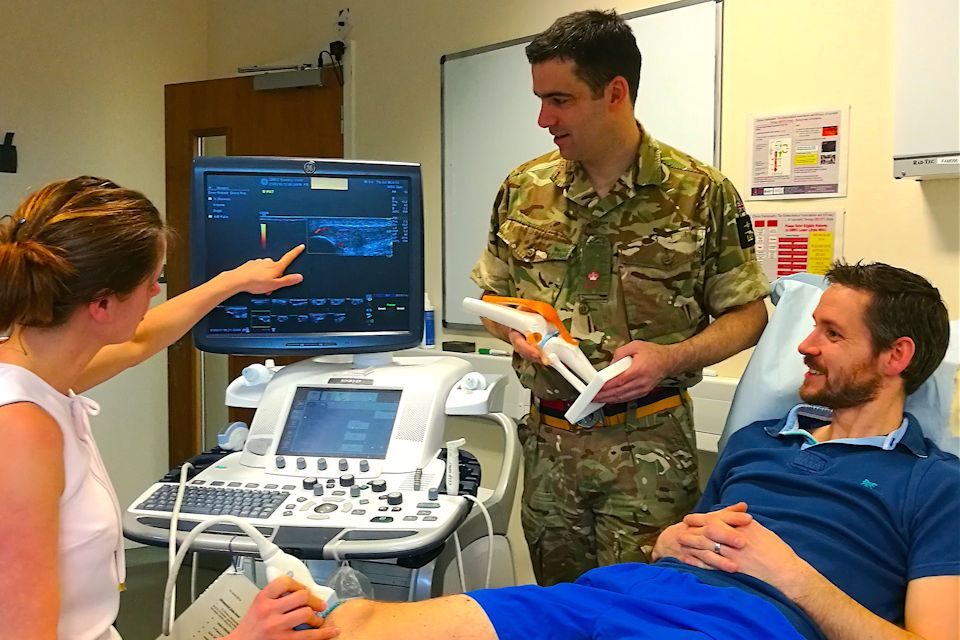News story: IHAT to close at the end of June
Defence Secretary Sir Michael Fallon today announced that the Iraq Historic Allegations Team (IHAT) will officially close on 30 June 2017. This follows his decision in February to bring IHAT to an end by the summer, enabled by the striking off of Mr Phil Shiner.
The remaining cases, expected to number around 20, will then be dealt with by the Service Police – a combination of Royal Navy Police and Royal Air Force Police, led by a senior Royal Navy Police officer. All investigations are expected to be completed by the end of next year.
Defence Secretary Sir Michael Fallon said:
We took the unprecedented step of submitting evidence which saw Phil Shiner struck off and allowed IHAT to dispose of many false allegations he made. Now I can confirm that IHAT will close in June and the Service Police should complete investigations into the small number of remaining cases a year earlier than planned.
We are taking steps to make sure the reputation of our Armed Forces cannot be attacked in this dishonest way again.
In 2015 the Defence Secretary directed the MOD to submit evidence of wrongdoing by Phil Shiner which led to the Solicitors Disciplinary Tribunal striking Mr Shiner off in February.
The exposure of the dishonesty of Mr Shiner meant that many of the allegations that his now defunct firm, Public Interest Lawyers, had brought forward were discredited and enabled the Defence Secretary to decide to close IHAT. IHAT’s caseload is expected to reduce from a peak of over 3,000 allegations to around 20 investigations by the time it closes.
Chief of the General Staff General Sir Nick Carter said:
The Army’s Leadership Code requires the highest values and standards. It is right therefore that on the occasions that there are credible allegations of unacceptable behaviour they should be investigated.
However, a significant number of claims made against our soldiers have not been credible. The recent exposure of unscrupulous law firms and vexatious claims has clearly shown this to be the case; it is right therefore that the Defence Secretary has decided to close IHAT and hand over the remaining investigations to the Service Police, a process the Army supports.
Mutual trust is at the heart of the Army Leadership Code as is the care of soldiers and their families. We therefore welcome the Government’s commitment to ensuring we have the Nation’s confidence and the tools to do our jobs effectively on operations, free from the burden of unjust litigation.
The Service Police will be supported by a minimum level of essential contractor support for specialist back office functions, such as the operation of the Forensic Data Handling computer, in order to complete its investigations. Contractors will have no contact with UK witnesses or suspects.




